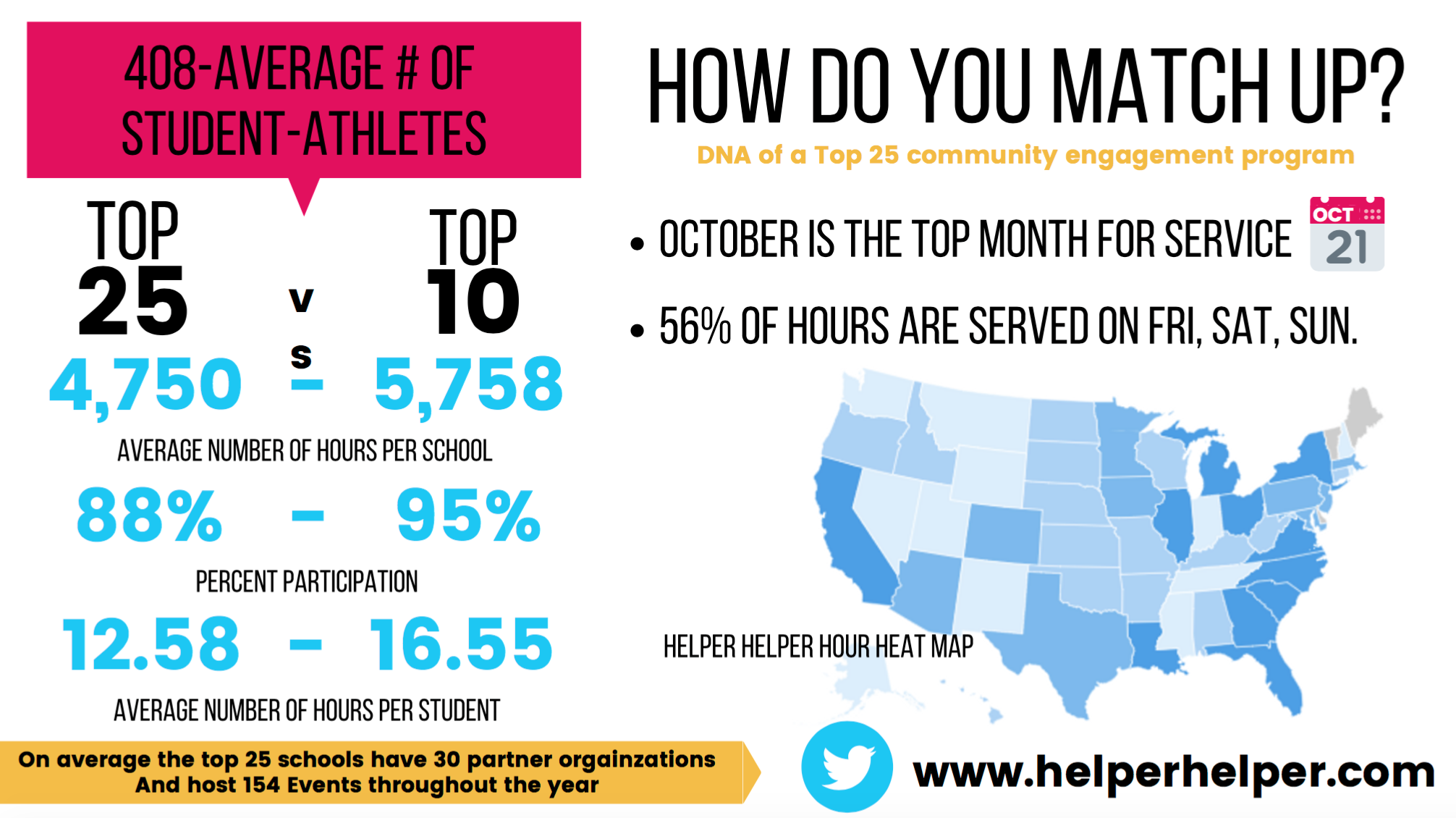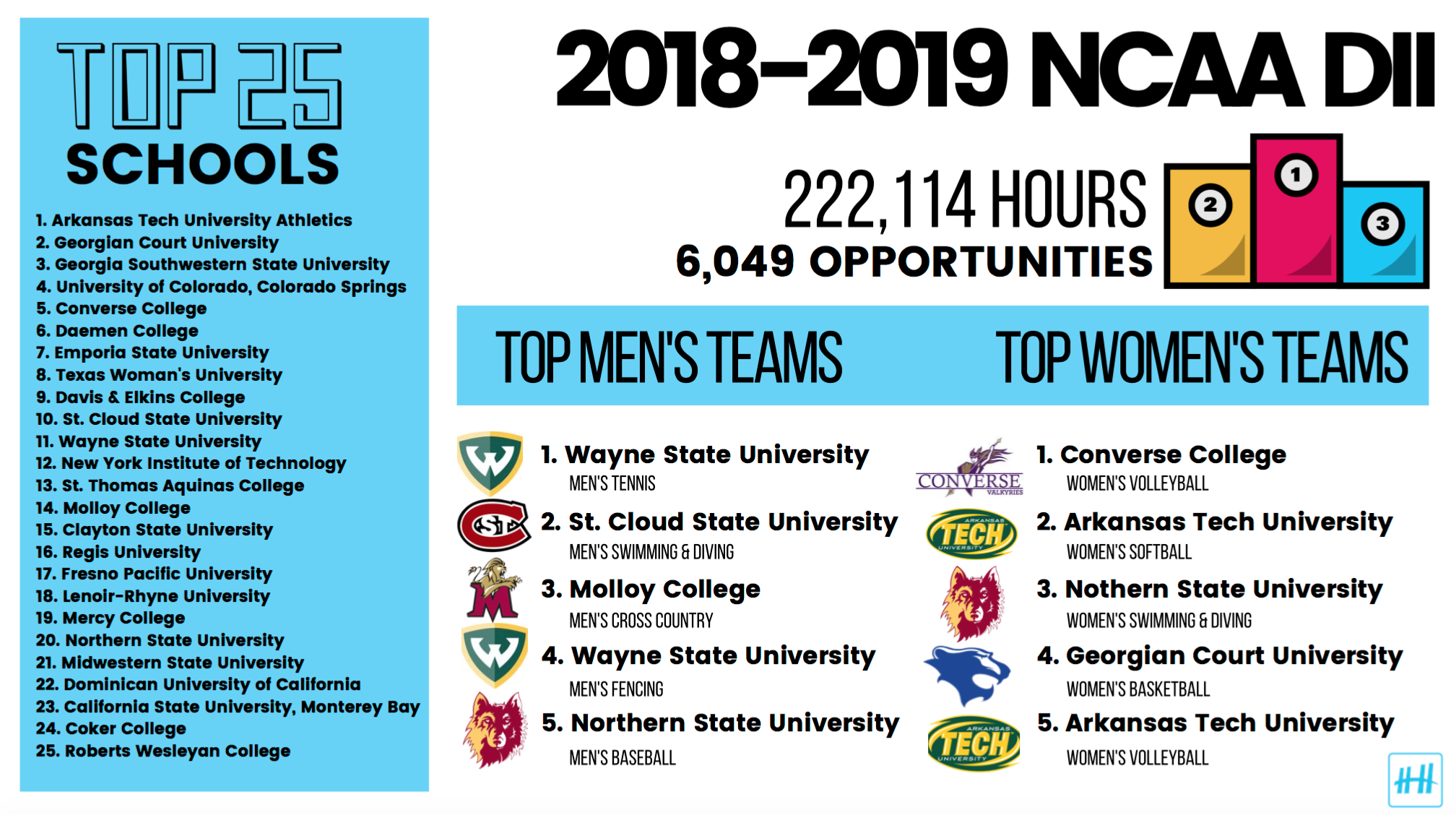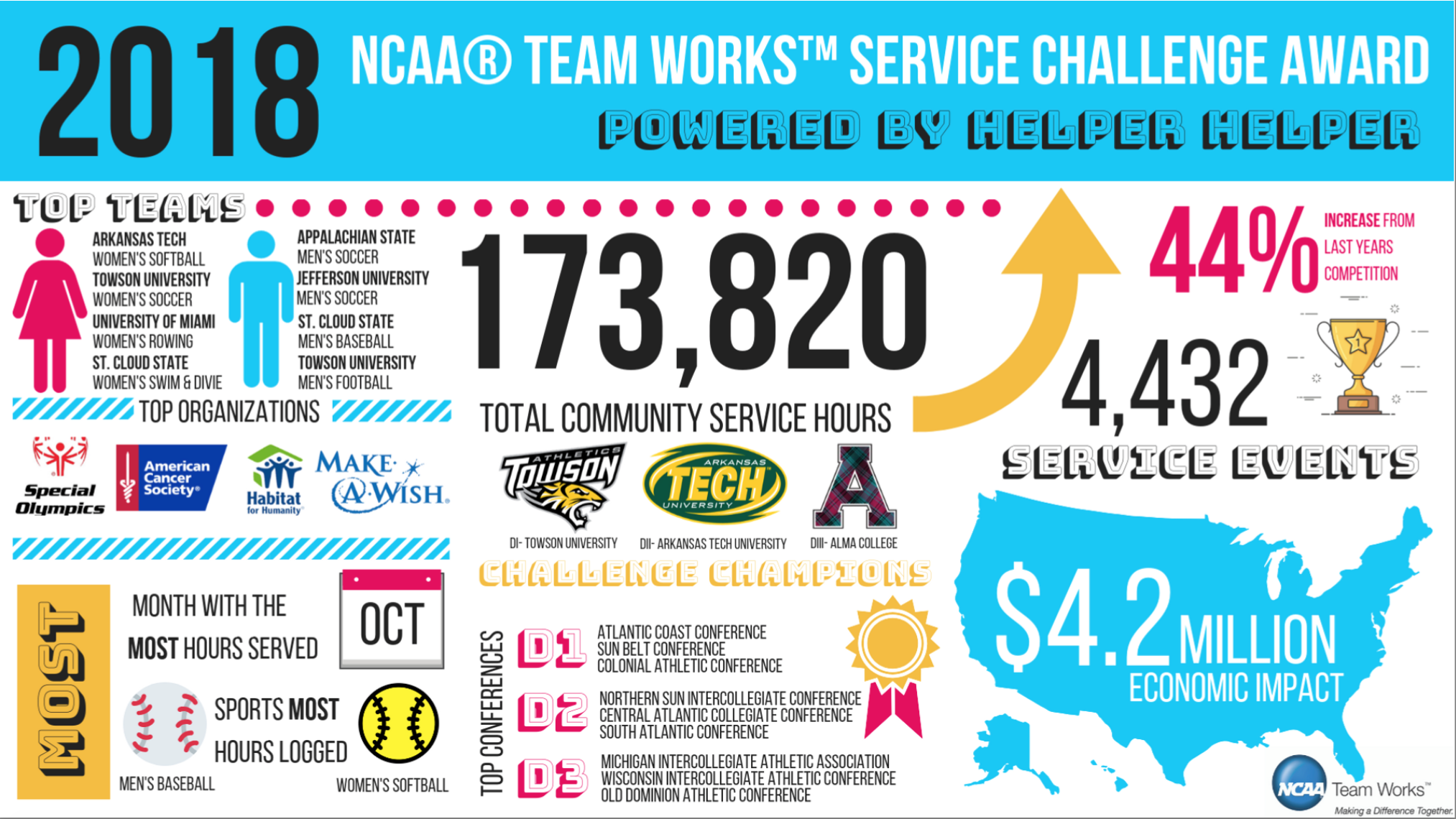
We all have a competitive spirit. Maybe we get addicted to the adrenaline. Perhaps we have an unrealistic need to be first place in everything. Maybe we just want the right to sing our hearts out to “We are the Champions”. Whatever the case may be, we can’t deny a little friendly competition. Competing is in our human nature. In those moments, we commit ourselves more than usual, inevitably making competition a catalyst to volunteer programs.
Healthy competition promotes focus to your program, since a healthy competition is about bringing people together. Everyone gathers to achieve a specific goal, or attain a certain status. Despite if the people are separated by groups, the competition drives everyone to have the same mindset of completing the task or tasks to win. In fact, dividing people into groups for a game encourages cooperation and bonding. Teams will find it amusing to represent their group, and show enthusiasm for the goal.
Whether you separate your own program into groups, or have your entire program enter competitions against other programs, you must remember to keep the goal as the focus. One way to do this is to have regular check-ins about the progress of the competition. To make the check-ins more engaging, you can also talk about strategies to win or create mini challenges to keep everyone on their toes.
Competition in Action
Helper Helper released a report regarding community service during the 2018-2019 school year, which included the results of the Team Service Challenge Bracket during spring semester. Think of the bracket challenge as March Madness, but with university sports teams competing in community service hours.
A total of 64 teams competed in our bracket to show their zeal for providing the most community service hours. The Women’s Volleyball team of Arkansas Tech University became our final winner for the 2019 spring semester bracket. We gladly report a 44% increase from last year’s competition when looking at our top challengers.
Spectacularly, the competitive giving doesn’t stop there. Check out these heartwarming results!
Student-athletes among 46 states served over 460,000 hours of community service during the 2018-2019 school year. Service hours took place during over 15,500 volunteer opportunities. Our report organizes the information by NCAA Division, and categorizes:
- Top 25 Schools (Top 20 for NCAA DIII)
- Top 5 Men’s Teams Overall
- Top 5 Women’s Teams Overall
- Top Schools per Individual Sport (Men’s and Women’s teams recognized separately with up to 10 schools per sport)
University Teams of NCAA DI are responsible for more than 200,000 volunteer hours with North Carolina Central University taking the number one spot in the Top 25 Schools for the division.
Volunteer efforts from the universities provided $4.2 million in economic impact. The top organizations student-athletes served include the Special Olympics, the American Cancer Society, Habitat for Humanity, and the Make-A-Wish Foundation.
Owning the Competition

If you only want to test the waters of competition, think of creating a service competition for your volunteer program or event. You can get a feel for how your volunteers and staff operate when given the incentive of competition. Here is how you can start your own competition:
1) Decide the Goal
What are you trying to accomplish? Choose the end results you wish to see, and would like the teams to focus on. This can range from increasing community service hours to a specific goal like donating 5,000 coats for a coat drive.
2) Set the Parameter
What counts towards winning? If using our coat example, the parameter is the number of coats per team. The team with the most coats wins. However, you can choose other parameter to match your goal. In the case that you decide to extend the competition for a few weeks or even a season, you can create challenges. Teams can earn points for each challenge. At the end of the competition period, the team with the most points wins.
3) Define the Prize
A prize is a flexible incentive to encourage your volunteers to stick with the competition. You could give the team bragging rights and have their team name displayed on a banner for recognition. Likewise, you could provide a gift to the winning team, like coupons or a small celebration party.
Competition Drives Service
 Healthy and friendly competition drives your volunteer program to be more focused and enthusiastic about service hours. You encourage collaboration by grouping teams together in their fight towards a common goal. We know that competition can have a positive effect when put into action. Contact us to start your service competition. Let’s see who’s the best of the best in making the world a more giving place!
Healthy and friendly competition drives your volunteer program to be more focused and enthusiastic about service hours. You encourage collaboration by grouping teams together in their fight towards a common goal. We know that competition can have a positive effect when put into action. Contact us to start your service competition. Let’s see who’s the best of the best in making the world a more giving place!


Join the conversation
You must be logged in to post a comment.